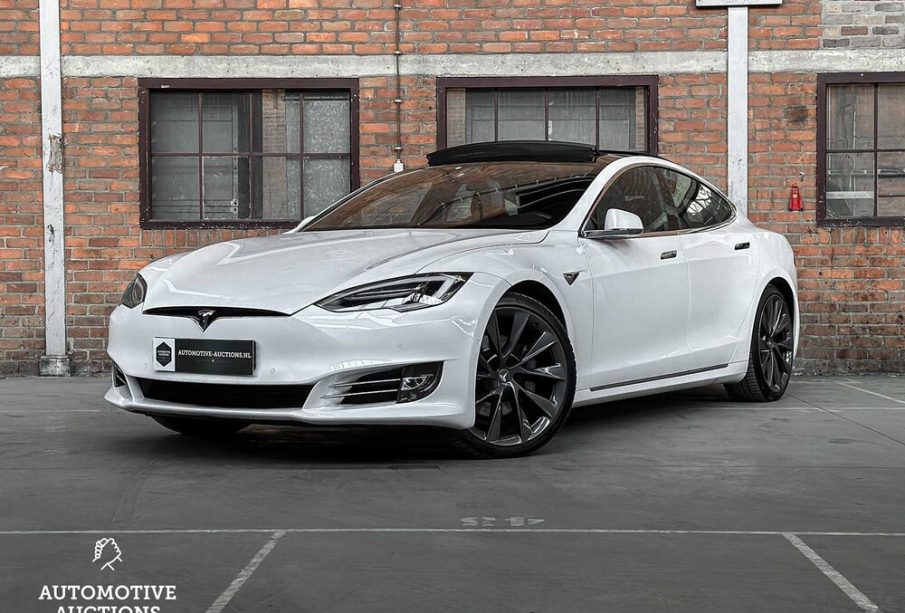Tesla’s Impact on the Electric Vehicle Industry

Introduction: The Rise of Tesla in the Automotive World
Tesla, Inc. (TSLA) has become synonymous with electric vehicles (EVs), revolutionizing the automotive industry since its inception in 2003. Founded by Elon Musk and a team of engineers, Tesla’s mission to accelerate the world’s transition to sustainable energy is more relevant than ever, especially as global concerns regarding climate change and fossil fuel dependency deepen.
Recent Developments and Innovations
As of late 2023, Tesla continues to lead the EV market not only in sales but also in technological advancements. The company’s latest models, including the Model 3 and Model Y, have been met with overwhelming consumer demand, contributing significantly to Tesla’s market capitalization, which recently crossed the $800 billion mark. Innovative features such as the Full Self-Driving (FSD) beta have showcased Tesla’s commitment to advancing autonomous driving technology, making headlines around the globe.
Moreover, Tesla’s expansion into battery manufacturing with Gigafactory initiatives has significantly impacted production capabilities. The recent opening of Gigafactory Berlin and plans for a new facility in Austin, Texas hint at Tesla’s focus on reducing production costs and increasing output. This vertical integration strategy allows Tesla to control more aspects of its supply chain, a crucial factor in mitigating disruptions similar to those experienced during the COVID-19 pandemic.
Tesla’s Global Strategy and Competition
In addition to its toehold in the U.S. market, Tesla is rapidly expanding its presence internationally, particularly in Europe and Asia. According to recent reports, Tesla’s market share in Europe has risen significantly, largely owing to the growing EV demand across the continent spurred on by government incentives and regulations promoting zero-emission vehicles. However, competition is intensifying from traditional carmakers and new entrants like Rivian and Lucid Motors.
In response, Tesla’s strategy includes not just innovation in vehicle technology but also expanding its Supercharger network, thereby improving accessibility for EV owners. Tesla’s proprietary charging technology has set a new standard, which has prompted competitors to rethink their own strategies to stay relevant in the market.
Conclusion: The Future of Tesla and the EV Market
Looking ahead, Tesla’s role in the automotive sector is expected to grow even further as more consumers shift towards electric vehicles. Analysts forecast that with its aggressive expansion and continuous innovation, TSLA could solidify its dominance in the EV market for years to come. As the global community leans towards sustainable alternatives, Tesla is not just paving the way for electric vehicles but redefining the future of transportation. For investors and consumers alike, understanding the dynamics surrounding Tesla will be crucial in navigating the increasingly competitive landscape of electric mobility.









